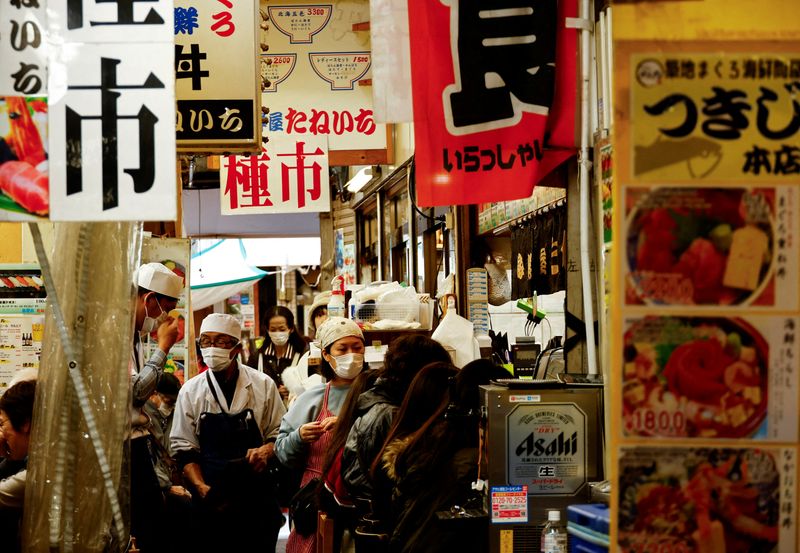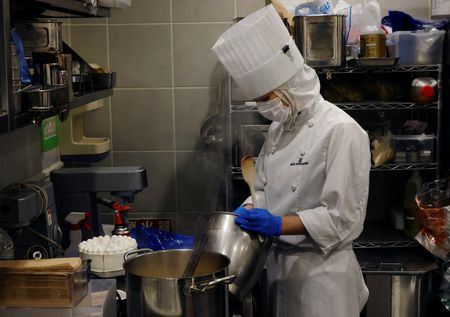
Japanese workers experienced the fastest wage growth in 31 years, with an average base pay increase of 2.5% in May. However, real wages continued to decline for a record 26th consecutive month due to inflation and higher import costs.
The latest data from the Ministry of Health, Labor and Welfare showed that nominal wages grew by 1.9%, marking the highest year-on-year increase in 11 months. But when adjusted for inflation, real wages fell by 1.4%. Japanese companies agreed to raise wages by an average of 5.1% during this year's spring wage negotiations, offering more than a 5% increase for the first time in 33 years.
Despite these wage hikes, part-time workers still earn significantly less than their salaried counterparts. For instance, Hotel Mercure in Sapporo raised hourly pay for part-time workers by an average of 15% this year, more than a 4% increase for full-time staff.
The intensifying labor shortage is leading to broader-based wage rises. Wage hikes at firms with 30 or more employees outpaced inflation for the first time in 26 months, although when very small firms were included, pay hikes still lagged behind inflation.
However, the downward pressure on real wages continued as a weakening yen and higher commodity prices pushed up import costs. This complicates the Bank of Japan's efforts to normalize monetary policy and achieve its 2% inflation target.
In other news, Samsung Electronics largest union is set to begin a three-day strike on Monday, demanding improvements in the performance-based bonus system and an extra day of annual leave for workers.



